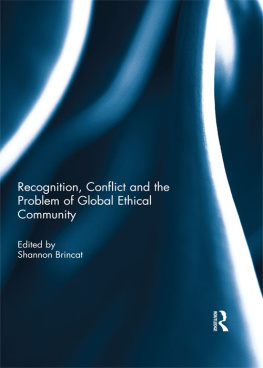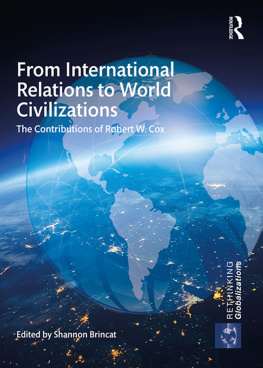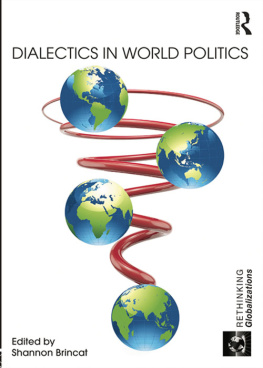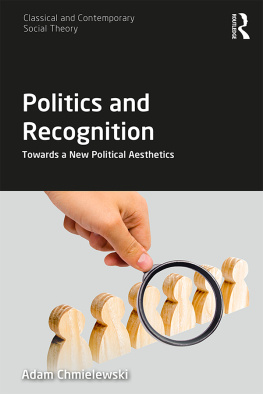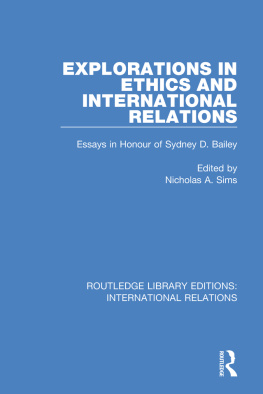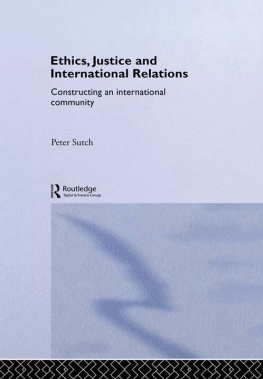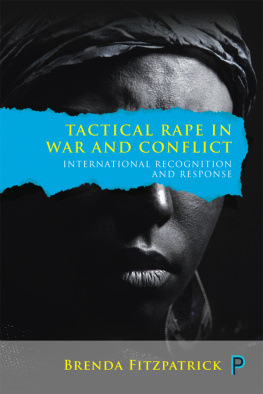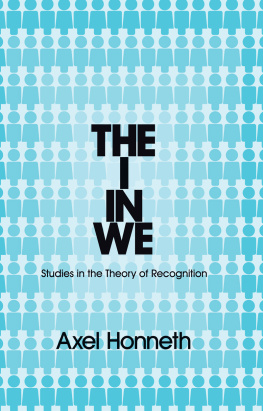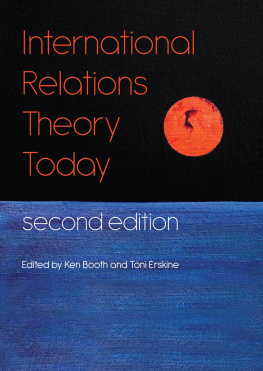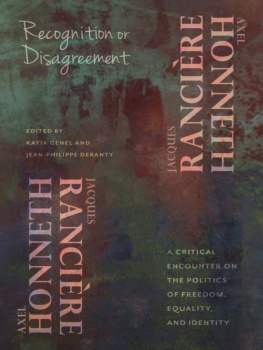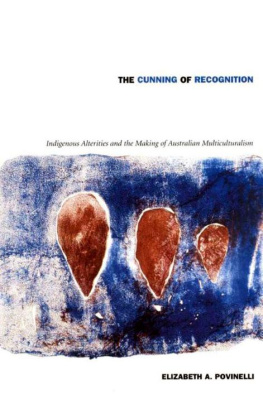Recognition, Conflict and the Problem of Global Ethical Community
Recognition has become a central thematic in contemporary political, social, and international relations theory. Its fundamentality to social life is apparent in that how we recognise others and are recognised by them is essential to both the identity of individual subjects and the relations between self and other in ethical community. As such, recognition is properly basic to all social interactions; between individuals, groups, local communities and sovereign states. Without the foundational act of recognition, relations can become unequal and antagonistic, leading to social pathologies, denigration and even open conflict.
This volume brings together leading scholars of recognition theory in international relations, sociology and politics, to discuss the potential for recognition to understand the problem of conflict and the possibilities for developing global ethical community.
This book was published as a special issue of Global Discourse.
Shannon Brincat is a Griffith University Research Fellow based in the School of Government and International Relations. He has been the editor of a number of collections, most recently the Special Issue of Globalizations Dialectics and World Politics and the three volume series Communism in the 21st Century (Praeger, 2014). He is also co-founder and co-editor of the journal Global Discourse. His current research focuses on recognition theory and cosmopolitanism; dialectics; tyrannicide; climate change justice; and Critical Theory. He has published articles in the European Journal of International Relations, Review of International Studies and Constellations, amongst others.
First published 2015
by Routledge
2 Park Square, Milton Park, Abingdon, Oxon, OX14 4RN, UK
and by Routledge
711 Third Avenue, New York, NY 10017, USA
Routledge is an imprint of the Taylor & Francis Group, an informa business
2015 Taylor & Francis
All rights reserved. No part of this book may be reprinted or reproduced or utilised in any form or by any electronic, mechanical, or other means, now known or hereafter invented, including photocopying and recording, or in any information storage or retrieval system, without permission in writing from the publishers.
Trademark notice: Product or corporate names may be trademarks or registered trademarks, and are used only for identification and explanation without intent to infringe.
British Library Cataloguing in Publication Data
A catalogue record for this book is available from the British Library
ISBN 13: 978-0-415-73852-1
Typeset in Times New Roman
by RefineCatch Limited, Bungay, Suffolk
Publishers Note
The publisher accepts responsibility for any inconsistencies that may have arisen during the conversion of this book from journal articles to book chapters, namely the possible inclusion of journal terminology.
Disclaimer
Every effort has been made to contact copyright holders for their permission to reprint material in this book. The publishers would be grateful to hear from any copyright holder who is not here acknowledged and will undertake to rectify any errors or omissions in future editions of this book.
The chapters in this book were originally published in Global Discourse, volume 4, issue 4 (December 2014). When citing this material, please use the original page numbering for each article, as follows:
Chapter 1
Introduction: Recognition, conflict and the problem of ethical community
Shannon Brincat
Global Discourse, volume 4, issue 4 (December 2014) pp. 397408
Chapter 2
Shame and recognition: the politics of disclosure and acknowledgement
Julie Connolly
Global Discourse, volume 4, issue 4 (December 2014) pp. 409425
Chapter 3
Shame and recognition: the politics of disclosure and acknowledgement: a reply to Julie Connolly
Tony Castleman
Global Discourse, volume 4, issue 4 (December 2014) pp. 426427
Chapter 4
Al-Muhajiroun in the United Kingdom: the role of international non-recognition in heightened radicalization dynamics
Mava Clment
Global Discourse, volume 4, issue 4 (December 2014) pp. 428443
Chapter 5
Terrorism, discourse and analysis thereof: a reply to Clment
Lee Jarvis
Global Discourse, volume 4, issue 4 (December 2014) pp. 444445
Chapter 6
Recognition and the origins of international society
Erik Ringmar
Global Discourse, volume 4, issue 4 (December 2014) pp. 446458
Chapter 7
Recognition and the origins of international society: a reply to Erik Ringmar
John M. Hobson
Global Discourse, volume 4, issue 4 (December 2014) pp. 459461
Chapter 8
Treating Asian nations with respect: promises and pitfalls of status recognition
Reinhard Wolf
Global Discourse, volume 4, issue 4 (December 2014) pp. 462480
Chapter 9
Treating Asian nations with respect: promises and pitfalls of status recognition: a reply to Reinhard Wolf
Michael Clarke
Global Discourse, volume 4, issue 4 (December 2014) pp. 481482
Chapter 10
Interest, passion, (non)recognition, and wars: a conceptual essay
Thomas Lindemann
Global Discourse, volume 4, issue 4 (December 2014) pp. 483496
Chapter 11
Recognizing non-recognition: a reply to Lindemann
Brent J. Steele
Global Discourse, volume 4, issue 4 (December 2014) pp. 497498
Chapter 12
(Dis-)respect and (non-)recognition in world politics: the Anglo-Boer war and German policy at the turn of the nineteenth/twentieth century
Lena Jaschob
Global Discourse, volume 4, issue 4 (December 2014) pp. 499512
Chapter 13
(Dis-)respect and (non-)recognition in world politics: the Anglo-Boer War and German policy at the turn of the nineteenth/twentieth century: a reply to Lena Jaschob
Bill Nasson
Global Discourse, volume 4, issue 4 (December 2014) pp. 513515
Chapter 14
Killing without hatred: the politics of (non)-recognition in contemporary Western wars
Mathias Delori
Global Discourse, volume 4, issue 4 (December 2014) pp. 516531
Chapter 15
Killing without hatred: the politics of (non)-recognition in contemporary Western wars: a reply to Mathias Delori
Kamil Shah
Global Discourse, volume 4, issue 4 (December 2014) pp. 532533
Please direct any queries you may have about the citations to clsuk.permissions@cengage.com

